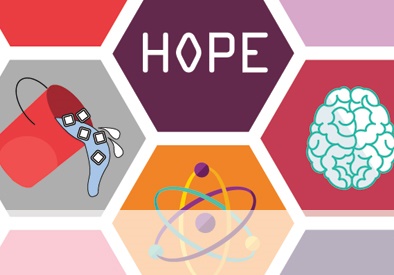 The ALS Association announced its financial commitment of $1 million to Project MinE. The funding will be used to bring this effort to the United States, under the direction of researchers at University of Massachusetts Medical School in Worcester, Massachussetts, and Emory University in Atlanta, Georgia.
The ALS Association announced its financial commitment of $1 million to Project MinE. The funding will be used to bring this effort to the United States, under the direction of researchers at University of Massachusetts Medical School in Worcester, Massachussetts, and Emory University in Atlanta, Georgia.
Funding for the project is made possible by the unprecedented outpouring of support from this summer’s Ice Bucket Challenge. The expansion of Project MinE is one of four major initiatives by The Association as a direct result of that support.
Project MinE is based on the fact that genes are thought to contribute, directly or indirectly, to most cases of ALS. Several important genes have been identified, but researchers suspect that many more, much rarer, variants that affect the risk for ALS are awaiting discovery. Conventional gene discovery techniques are limited to genes that can cause ALS all by themselves and display a familial inheritance pattern. Rare variants that contribute to ALS risk require new gene discovery techniques. Sequencing the entire genome of many people with ALS will allow these rare risk variants to be found much more readily. Once these are in hand, they can become the basis for new understandings of the disease and new therapeutic strategies.
Recognizing the key role that large-scale whole-genome sequencing has to play in finding new treatments for ALS, The ALS Association will fund Project MinE in the United States with the goal of eventually sequencing the genomes of 1,000 Americans with ALS. The project will be under the direction of John Landers, Ph.D., at UMass Medical School, and Jonathan Glass, M.D., at Emory University. Sequenced genomes will become part of an international ALS genome database and made available to ALS researchers for investigations into the causes of ALS.